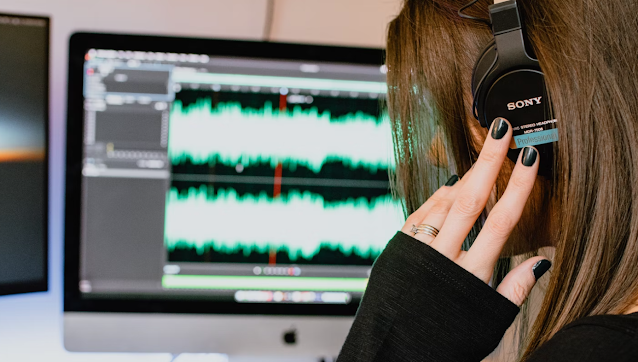Amusia testing: a detailed analysis
Some serious work on testing for amusia is covered in this long-but-worth-reading academic article: Revising the diagnosis of congenital amusia with the Montreal Battery of Evaluation of Amusia. I am now looking at getting myself "lab-tested."
There are several ongoing amusia-related studies in the UK so I may be able to find a lab test opportunity via one of these.
While I tested "positive" for amusia on several online tests, the article cited above suggests that lab testing may be more accurate. Plus, it appears there a different flavours of amusia, so to speak. I am particularly interested in knowing if my sense of rhythm is normal or not (I think I have a good sense of rhythm, but my partner has suggested that march to "the beat of a different drum").
One of the ways in which learning about congenital amusia has helped me is the notion that difficulty in following a tune is due to memory issues. This helps me understand my feeling that I can follow a tune "in the moment," but then cannot remember or accurately reproduce it later.
Years ago, I went through a phase of thinking that—because I'd been told I was tone deaf—I would stop trying to learn a "musical instrument" and "learn drums instead" (no disrespect to drummers intended). In other words, drums aren't musical because you can bang out a series of drum beats without remembering pitch.
However, I did not get far learning to drum, and I think the reason has something to do with this memory problem. I look forward to taking some tests that might shed light on this.


Comments
Post a Comment